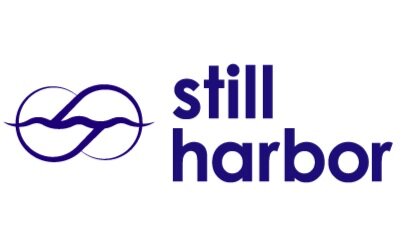About
It all started when…
Nullam sit amet nisi condimentum erat iaculis auctor. Nulla lectus ante, consequat et ex eget, feugiat tincidunt metus. Nulla lectus ante, consequat et ex eget, feugiat tincidunt metus. Vivamus sit amet semper lacus, in mollis libero.
